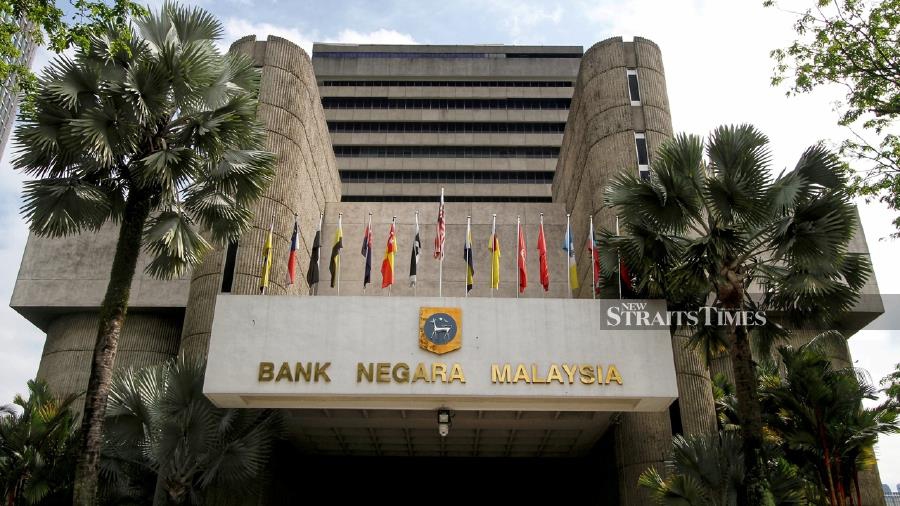BANK Negara Malaysia signaled it's not yet ready to withdraw policy support as the economy recovers, steering clear of the hawkish pivot undertaken by major central banks.
The current policy stance is "appropriate and accommodative" and any adjustment will be data-dependent, Governor Nor Shamsiah Mohd Yunus said in an email interview.
Headline inflation is expected to remain moderate in 2022 and the economy likely achieved the official growth target of 3.0-4.0 per cent last year, she added.
"Going forward, the domestic economy is projected to gradually recover amid modest price pressures," Shamsiah said.
"Given the prevailing uncertainties surrounding the pandemic and supply chain disruptions, among others, the Monetary Policy Committee remains mindful of avoiding a premature withdrawal of policy support that could derail the economic recovery."
Malaysian policy makers are seeking to strike a balance between reining in quickening price pressures and reviving an economy that's been hit by virus curbs.
But an accommodative stance risks narrowing the nation's yield premium over the U.S. and triggering capital outflows.
Shamsiah said Malaysia's policy stance is premised on the achievement of price stability and sustainable growth, signaling that the central bank may not move in lock-step with major peers such as the Federal Reserve.
"While we remain vigilant of the potential tightening in global financial conditions, this is not expected to significantly affect the overall transmission mechanism and degree of domestic monetary accommodation, given the more dominant role of domestic-based financing for the Malaysian economy," she said.
Traders are now expecting Bank Negara Malaysia's policy rate to rise to 3.14 per cent in two years' time, versus 3.10 per cent at Friday's close, according to onshore ringgit interest-rate swaps.
Bank Negara Malaysia has held rates steady since July 2020 as it looks to cement a recovery that's being threatened by a recent wave of flash floods and rising omicron cases.
A report due on Feb. 11 is forecast to show that the economy grew 3.1 per cent in the December quarter from a year earlier, after contracting 4.5 per cent in the previous three months.
Modest Inflation
Growth will improve further this year, thanks to better global demand, higher private sector spending and an easing of virus restrictions, Shamsiah said, adding that the central bank will provide its latest assessment on the economy in March.
Core inflation is expected to edge higher as the economy reopens and commodity prices remain elevated, she said.
"Nevertheless, core inflation is expected to be modest, with the upward pressure contained by the continued slack in the economy and labor market," Shamsiah said.
Annual consumer price gains eased to 3.2 per cent in December after touching a four-year high of 4.7 per cent in April.
Ringgit Stability
On the ringgit's performance, Shamsiah said the currency's depreciation versus the dollar in 2021 was in line with the weakening of other major and regional currencies.
"It is important the adjustments in the exchange rate continue to be determined by the market and in an orderly manner," she said. "I want to stress that the bank conducts two-way foreign exchange intervention operations to manage excessive volatility and ensure sufficient liquidity and not to target the ringgit at any specific level."
Malaysia's currency declined 3.5 per cent last year in the biggest annual drop since 2016 as the greenback strengthened on bets for a withdrawal of U.S. stimulus.
The median forecast in a Bloomberg survey of analysts is for the ringgit to strengthen to 4.14 by year-end from around 4.18 now.





